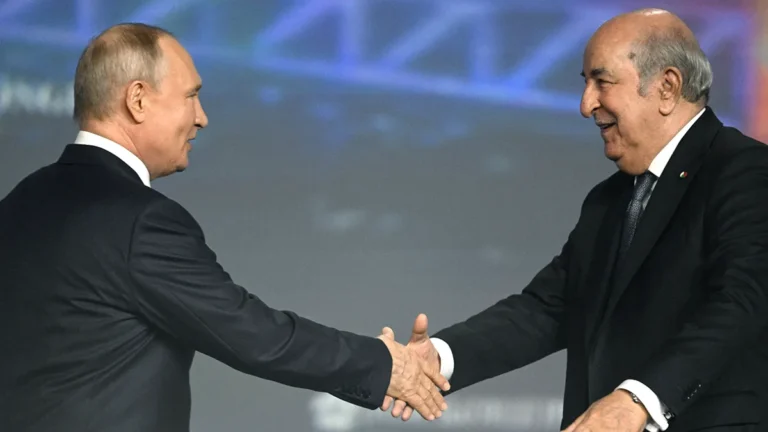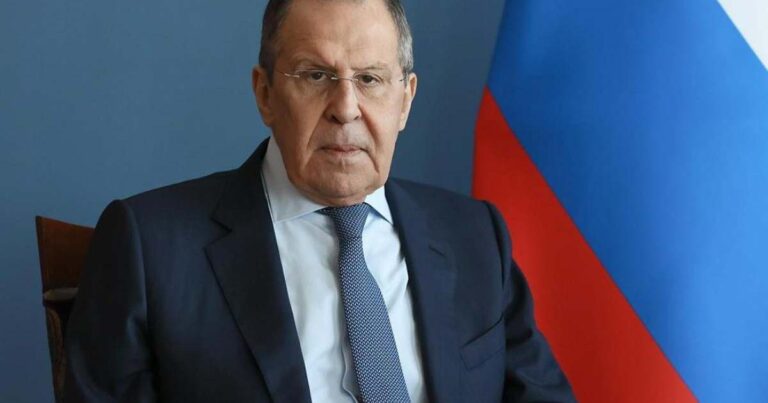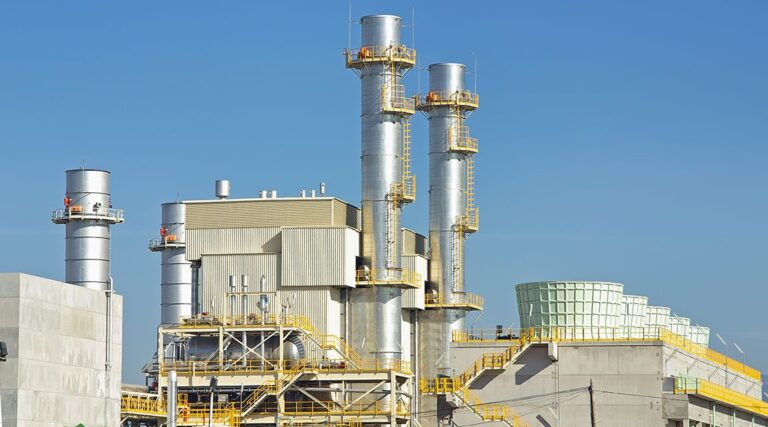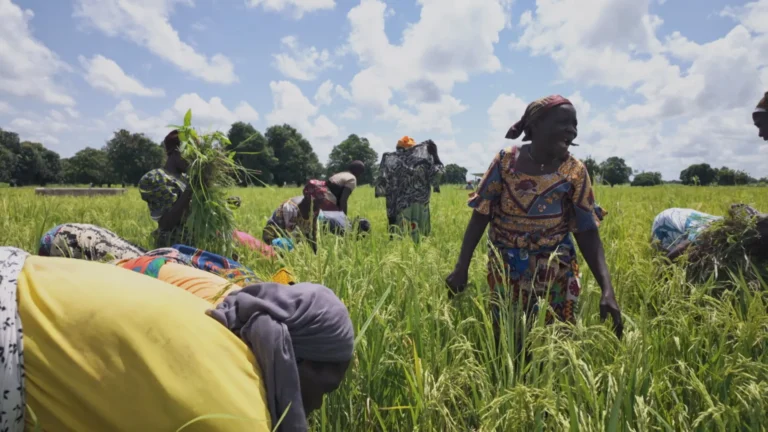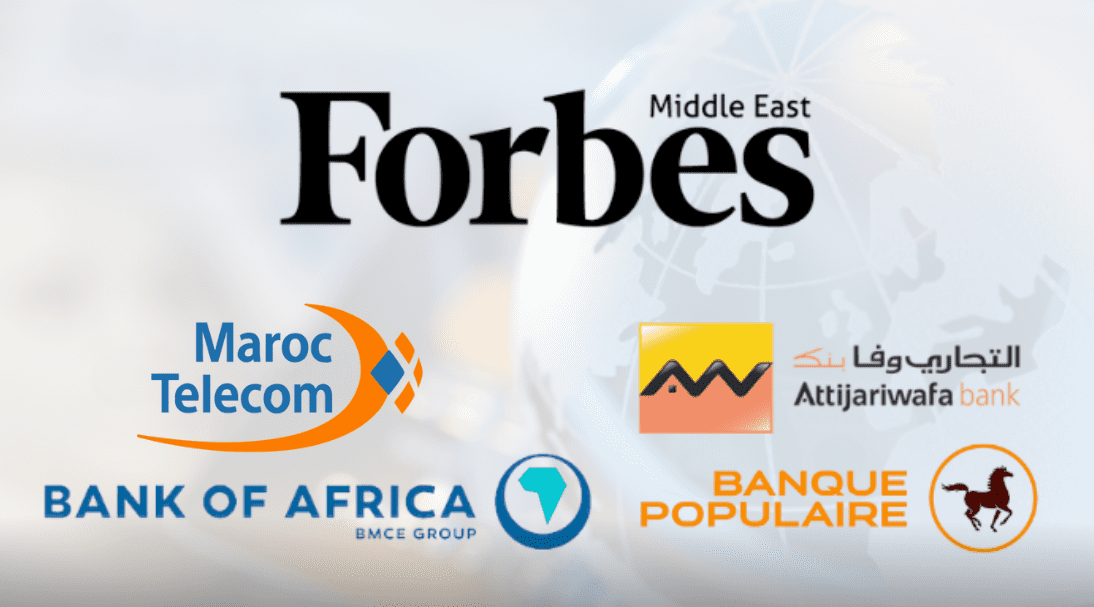
Forbes has once again unveiled its prestigious ranking of the 100 largest listed companies in the Middle East and North Africa (MENA), and this year, Morocco is firmly on the map.
With four companies making the cut in the 2025 edition—based on 2024 financial results and market capitalization as of April 25—Morocco is showcasing a private sector that is not only growing but asserting itself on a regional scale.
Banking Leads the Charge
At the forefront is Attijariwafa Bank, ranked 26th overall, and the highest-placed Moroccan company on the list.
With total assets valued at $78.3 billion and annual profits of $1.3 billion, the bank stands as a pillar of financial stability in the MENA region.
Its strong capitalization and expansive footprint underscore Morocco’s emergence as a banking powerhouse in North Africa.
Bank of Africa, another key player, appears with assets totaling $45.6 billion and profits of $537 million. Its inclusion in the ranking reflects a growing regional influence, bolstered by its presence across multiple African markets.
Not far behind is Banque Centrale Populaire (BCP), ranked 39th, with assets of $58.5 billion and profits of $536 million. Together, these institutions confirm the resilience and ambition of Moroccan finance, capable of competing in a space often dominated by oil-rich Gulf conglomerates.
Telecoms Gain Ground
Morocco’s presence in the ranking isn’t limited to finance.
Maroc Telecom, ranked 63rd, adds another dimension to the country’s economic portfolio. With assets of $7.6 billion and annual profits of $287 million, the telecom giant highlights the growing role of digital infrastructure in regional development.
Its inclusion points to the rise of telecommunications as a strategic sector in the MENA economic transformation.
A New Regional Balance
Forbes evaluates companies based on financial performance, asset size, profitability, and market value.
The prominence of Moroccan firms in this year’s list indicates a broader shift in the region’s economic balance.
Rather than remaining confined to local influence, Maghreb companies—anchored by Morocco—are now carving out space among MENA’s corporate heavyweights.
This performance is not just a reflection of profit margins.
It signals the success of long-term strategies focused on financial consolidation, regional expansion, and sectoral diversification.
As the global economic landscape evolves, Morocco is positioning itself as a formidable economic hub—capable of bridging North Africa and the wider Middle East.
